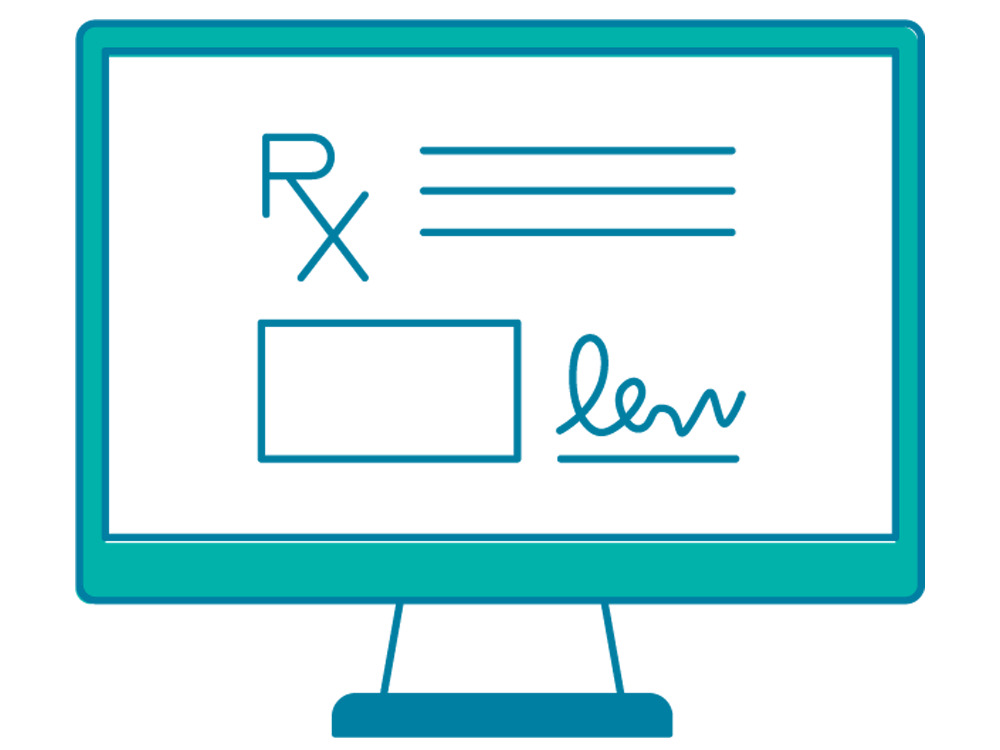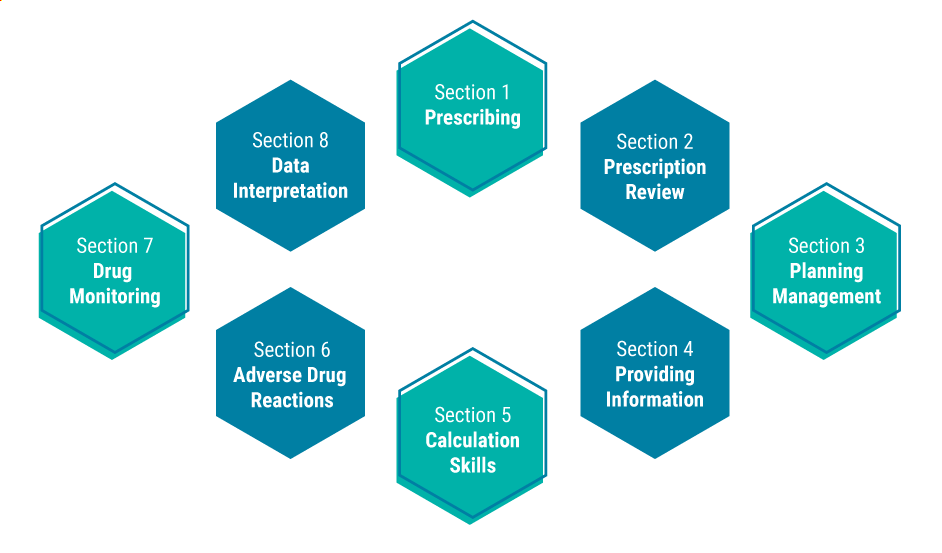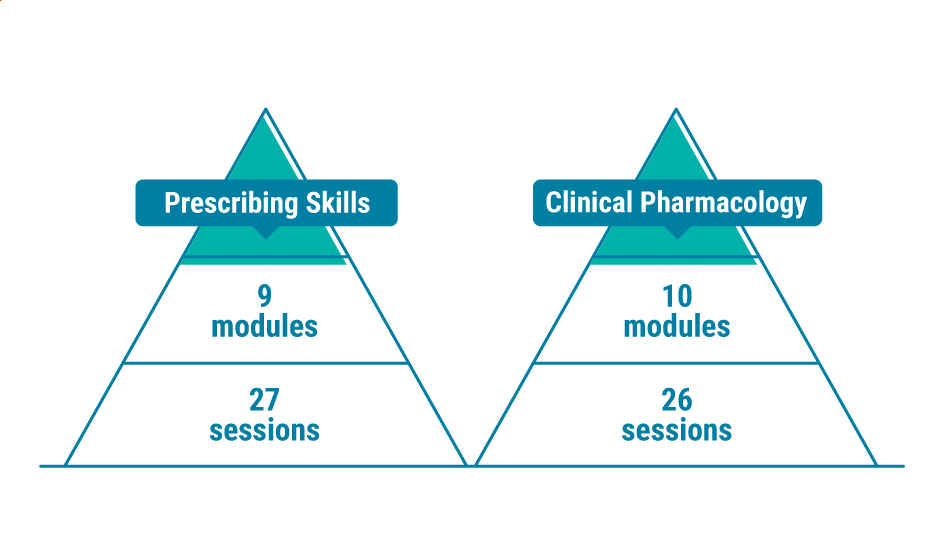In the ever-evolving world of healthcare, patient safety remains a top priority, and the field of prescribing is no exception. At BPS Assessment we are dedicated to promoting safe and effective prescribing practices, and recently, teamed up with iGroup in Malaysia along with the Royal Pharmaceutical Society (RPS) to host a series of enlightening webinars. These webinars were designed to shed light on the importance of prescribing safety and introduce the powerful tools that the BPS Assessment platform provides. In this blog, we will delve into the details of these webinars, showcasing the collaborative effort and valuable insights shared by experts in the field.
Collaboration Across Borders
The collaboration between BPS Assessment and iGroup, a prominent player in the Asian educational and library market, has been a significant step towards promoting prescribing safety and competence in the Asia-Pacific (APAC) region. iGroup is known for its association with Medicines Complete, which is a valuable resource provided by the Royal Pharmaceutical Society. This connection allowed the webinars to present a comprehensive picture of tools and resources available for educators and students.
Wide-Reaching Audience
In order to reach out to a diverse audience, we launched two webinars as part of our joint initiative. The goal was to welcome participants from various locations covered by iGroup including Malaysia, Singapore, Hong Kong, Vietnam, Taiwan, Indonesia, and Thailand. The first webinar held on October 24th was a huge success and we have another one scheduled for November 14th. These webinars are tailored towards the training needs of healthcare professionals and those involved in the teaching and practice of prescribing; including academic pharmacologists, prescribing educators, clinical educators, pharmacy educators, as well as medical and pharmacy students.
24th October Webinar: A Way Forward in Patient Safety
The first webinar, titled “A Way Forward in Patient Safety,” kicked off with a thought-provoking discussion on the importance of patient safety in clinical practice, emphasising the significance of starting with undergraduate education. The event delved into the rates of prescribing errors in the UK and various APAC countries, shedding light on the challenges faced in this crucial aspect of healthcare.
Solutions to address these challenges, particularly in prescribing training and assessment, were discussed, highlighting evidence of engagement and improvement in prescribing safety. The webinar included a walkthrough of the BPS Assessment platform, giving attendees a glimpse of the user journey and learning capabilities. Medicines Complete also had a presence, offering an overview of the tools they provide, such as the British National Formulary (BNF), which complements our prescribing skills assessments.
14th November Webinar: Teaching Tips for Prescribing Educators
The second webinar, titled “Teaching Tips for Prescribing Educators,” is set to delve deeper into the educational aspect of prescribing. It will explore the role and importance of a prescribing curriculum, emphasising the topics and expected competencies in prescribing for medical and pharmacy students.
Educators and presenters will share valuable tips on how to teach prescribing effectively and the different ways of assessing prescribing competency while giving examples of the success in prescribing education such as the UK’s National Pharmacology/Prescribing eLearning platform. As in the first webinar, this event also features a brief platform walkthrough, offering educators a glimpse of the platform’s capabilities and features.
The collaboration between BPS, RPS, and iGroup represents a significant step towards advancing patient safety and prescribing skills in the APAC region. These webinars provide a platform for experts to exchange knowledge, share best practices, and introduce valuable tools for educators and students. It’s clear that the commitment to enhancing patient safety through education and assessment is a shared mission, transcending borders and benefiting all those involved in the field of healthcare. With the knowledge and insights gained from these webinars, we can look forward to a safer and more competent generation of healthcare professionals in the Asia-Pacific region and beyond.
Join us on the 14th of November to find out more about the BPS Assessment prescribing platform!











